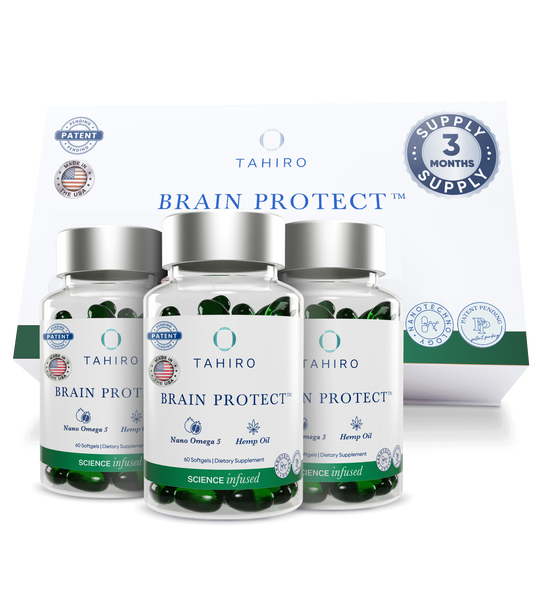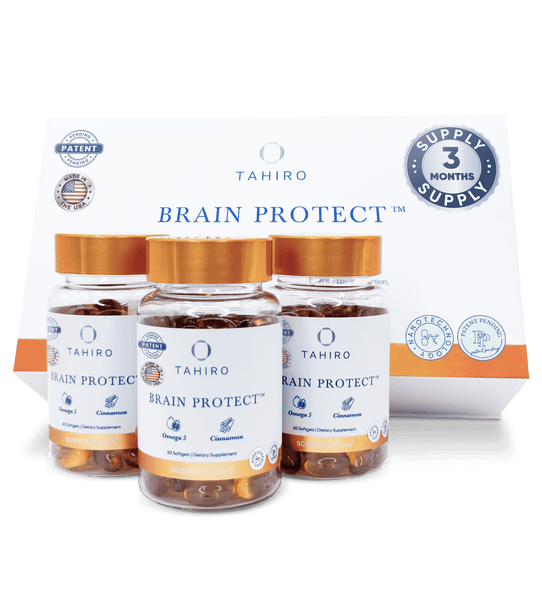Conclusion
In conclusion, while there is no guarantee that you will develop dementia just because it runs in your family, there are steps you can take to help reduce your risk of developing this condition. By staying mentally active, exercising regularly, eating a healthy diet, controlling your blood pressure and cholesterol, getting enough sleep, and managing stress, you may be able to support your brain health and potentially reduce your risk of developing dementia.
Additionally, using high-quality brain protection formula and brain health supplements, such as those offered by Tahiro, may be beneficial in supporting your brain health and reducing your risk of developing brain issues and diseases like dementia. To learn more about Tahiro's products and how they can support your brain health.






